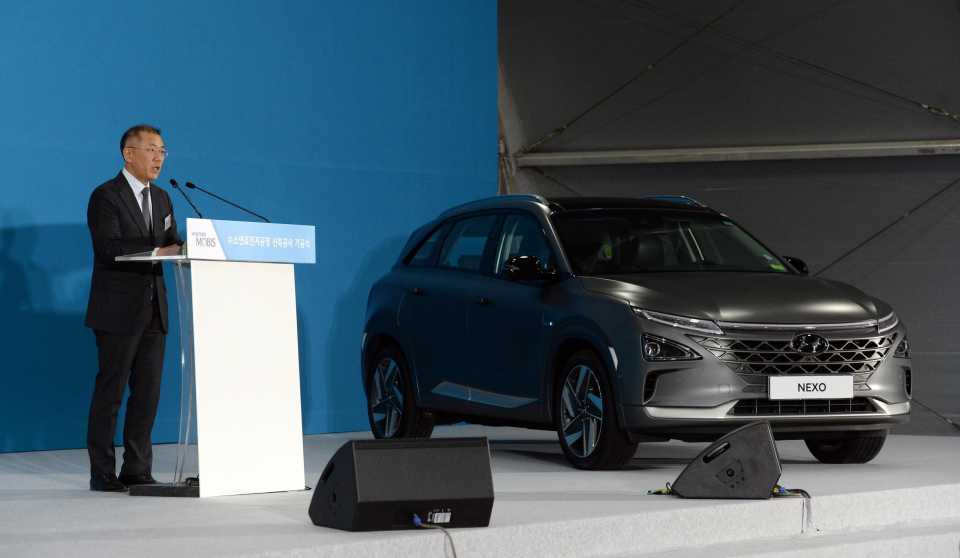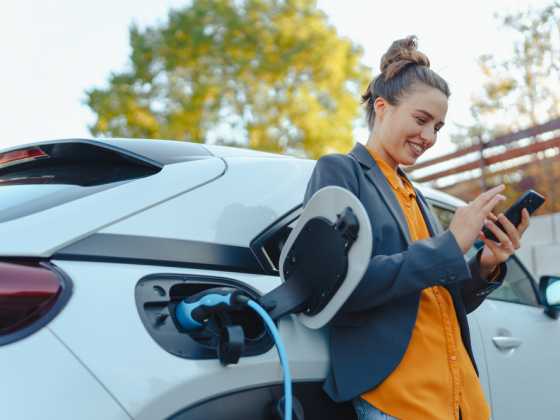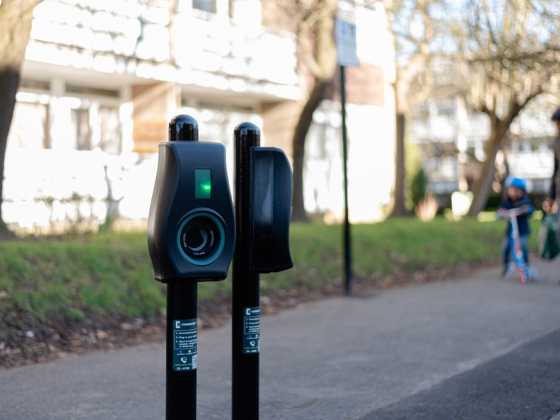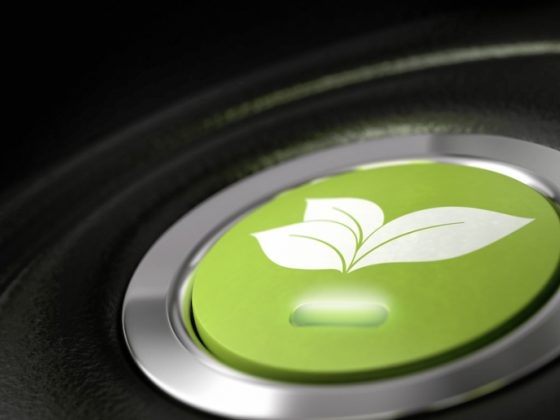Hyundai unveils future hydrogen roadmap

Hyundai Motor Group, which includes Kia, has announced plans to boost its annual fuel-cell systems production capacity to 700,000 units by 2030 and explore new business opportunities to supply its fuel-cell systems to other transportation manufacturers of automobiles, drones, vessels, rolling stocks and forklifts.
Hyunda's ‘FCEV Vision 2030’ plans to secure a 500,000-units-a–year FCEV production capacity by 2030, including passenger vehicles and commercial vehicles, in anticipation of high demand for global FCEVs expanding to around 2million units a year within that timeframe.
“Hyundai Motor Group, the global pioneer of the commercial production of FCEV, is taking a bold step forward to expedite the realization of a hydrogen society,’’ said Euisun Chung, Executive Vice Chairman of Hyundai Motor Group.
“We will expand our role beyond the automotive transportation sector and play a pivotal role in global society’s transition to clean energy by helping make hydrogen an economically viable energy source. We are confident that hydrogen power will transcend the transportation sector and become a leading global economic success.”
Hyundai Motor earlier this year launched NEXO, which was built on Hyundai’s first dedicated fuel-cell vehicle architecture, which provides many structural benefits including lighter weight, increased cabin space and improved fuel-cell system layout.
The Group plans to further advance the fuel-cell system used in NEXO models to upgrade and diversify its fuel-cell system lineup, so it can respond to demands from various industry sectors.
HMG is the only company to establish a dedicated plant for commercial production of fuel cell systems. With the construction of an additional fuel cell plant, Hyundai can quickly target market success on a global scale.



